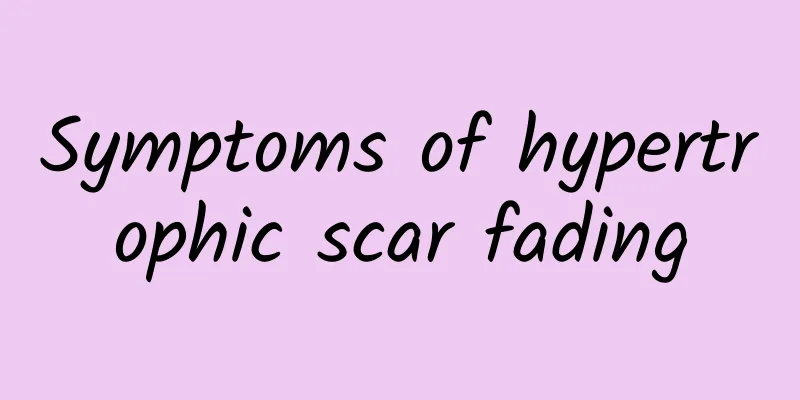Baby has diarrhea after drinking probiotics

|
The baby's gastrointestinal system is in a very fragile state because their stomach and intestines are in a gradual growth process. Therefore, when eating, parents must pay attention to these things to see if the baby's stomach and intestines can adapt. In order to achieve an effective balance of the flora in the baby's stomach and intestines, many parents will feed their babies some probiotics. However, some parents find that their babies have diarrhea after eating probiotics. What's going on? What happens if my baby has diarrhea after taking probiotics? The use of probiotics in intestinal diseases Probiotics are products that mimic the normal intestinal flora of breastfed infants, including bifidobacteria and lactobacilli. Probiotic seeds extracted from the feces of healthy breastfed infants may mutate after industrial incubation, so each industrially produced probiotic has some names, such as Bifidobacterium lactis BB12, Lactobacillus rhamnosus LGG, etc. Probiotic preparations should contain live bacteria. Bacterial or fungal preparations that are not produced to simulate the normal intestinal flora of breastfed babies can also help intestinal health to a certain extent, but their effects are relatively limited. For example, some of them can only be called microecological preparations after being used with antibiotics. Microecological preparations are different from probiotic preparations. Probiotic preparations are not only beneficial to intestinal absorption and digestion, but also stimulate systemic immunity by stimulating immune cells in the intestines. Since there are immune cells in the intestinal mucosa, the activators of these cells are normal bacteria in the intestine, including bifidobacteria, lactobacilli, etc. Therefore, real probiotics will regulate systemic immunity by stimulating intestinal immune cells while adjusting intestinal function. This is why breast milk should be the first thing a newborn baby eats. Because breastfeeding is a bacterial process, it is beneficial to the establishment of normal intestinal flora. During the recovery period of diarrhea, it is impossible for the stool to return to normal immediately, and the indigestible stool often lasts for a few days. For this purpose, probiotics can play a great role. Probiotics can not only protect the intestinal mucosa by adjusting the intestinal flora, but also eliminate harmful bacteria in the intestines, and help the digestion and absorption of nutrients. Therefore, it is recommended to continue taking probiotics for 1 to 2 weeks after diarrhea. |
<<: How long after taking antibiotics can I take probiotics
>>: Can pregnant women drink vitamin E?
Recommend
Do you know these skin care and whitening tips?
Whitening is something that many people want to d...
Which Chinese medicines cause blood sugar to rise?
High blood sugar is more common among middle-aged...
Why is the amount of semen small and yellow, and there is no strength when ejaculating?
Weak ejaculation is a common sexual dysfunction d...
What are the dangers of extracting a tooth's nerve?
If your condition is so serious that the dental n...
Do you know how to treat anterior vaginal wall prolapse?
The vagina is the most important reproductive org...
Is wearing silver good for your health?
Gold, silver and jewelry are the most valuable it...
How are blackheads on the nose formed?
Blackheads are a common problem. Many young men a...
Small bone picture
The small skewer is the dry above-ground part of ...
What to do if you catch a cold from using air conditioning in hot weather
When the weather is hot, people like to stay in a...
The correct way to wash your face with baking soda
Baking soda is sodium bicarbonate, a food leaveni...
What should I do if I catch a cold during chemotherapy? How to deal with a cold during chemotherapy
Chemotherapy is a treatment measure for malignant...
Where do condyloma acuminatum usually grow?
Genital warts are a very troublesome disease beca...
Traditional Chinese medicine breast enhancement, traditional Chinese medicine recommends several breast enhancement methods
Firm and plump breasts are the goal pursued by ma...
What should I do if iron filings get into my eyes?
Eyes are a part of the body that people attach gre...
The palms are pale and bloodless
If the palms of your hands are pale and bloodless...









